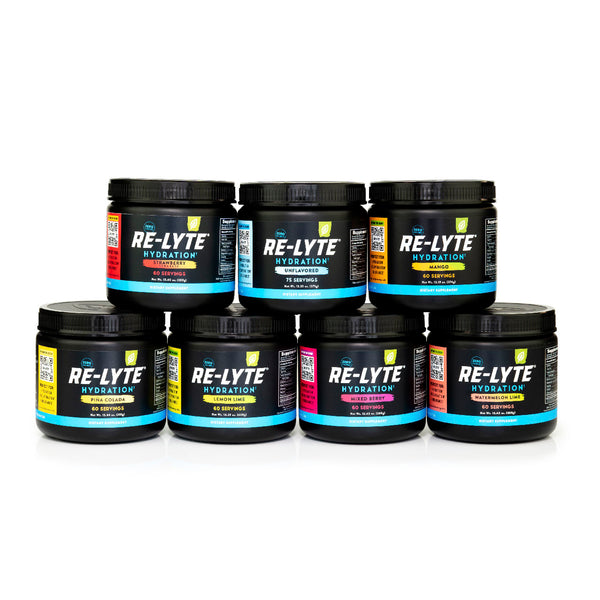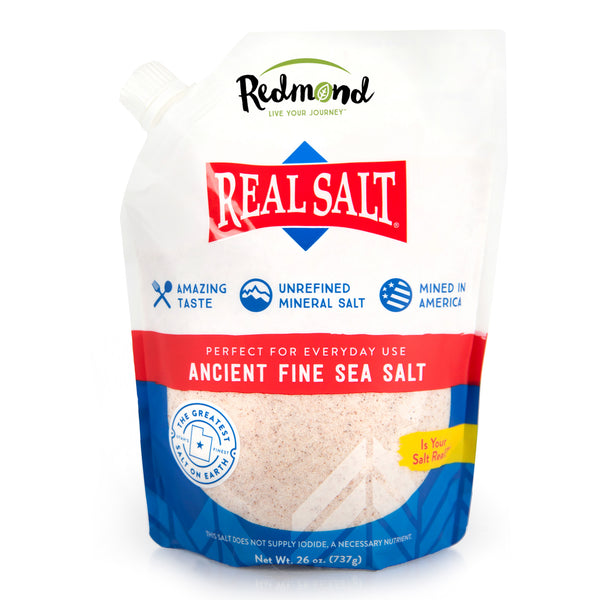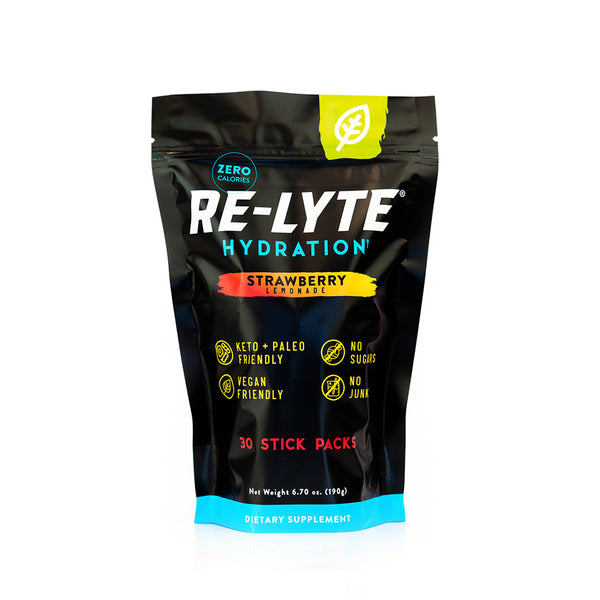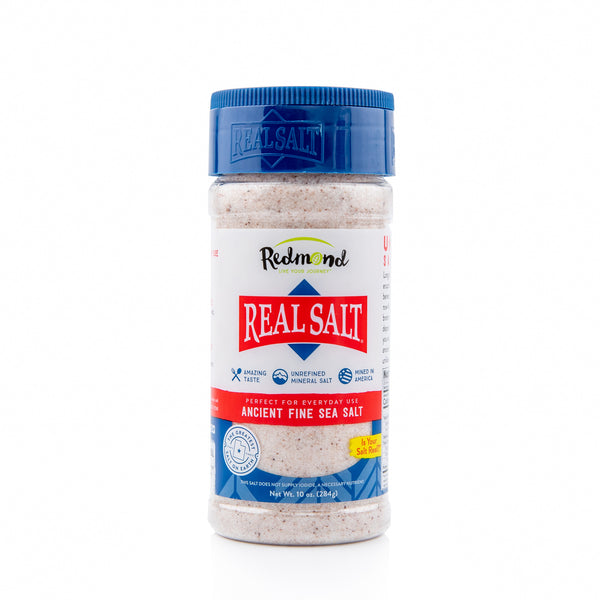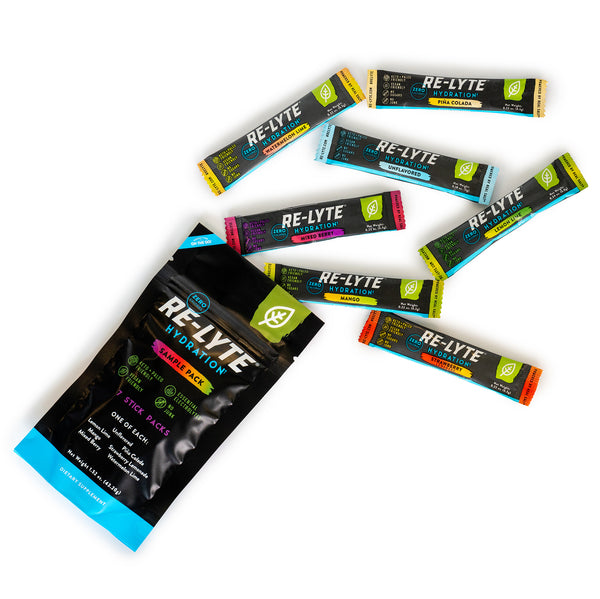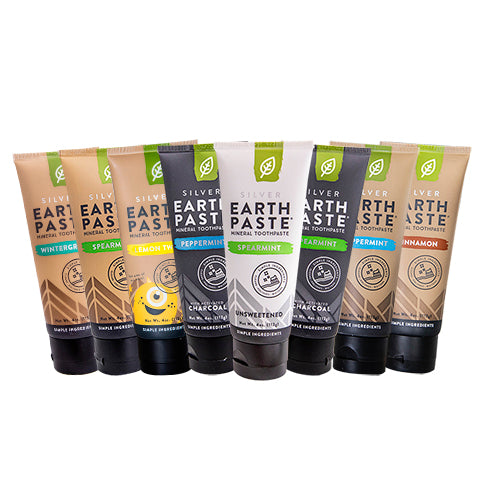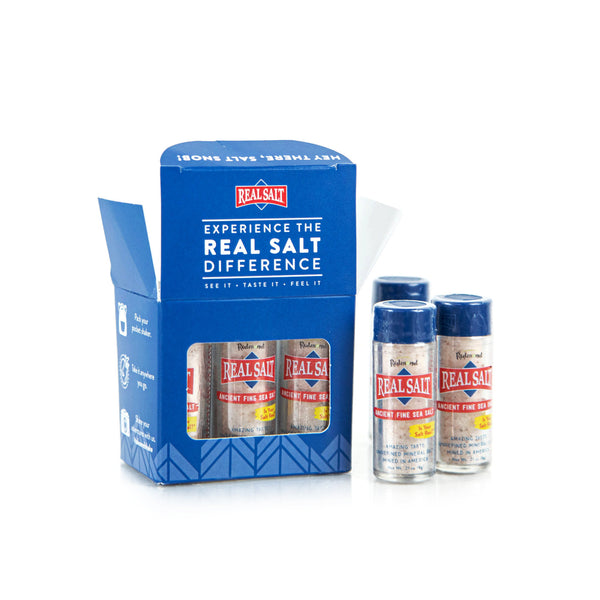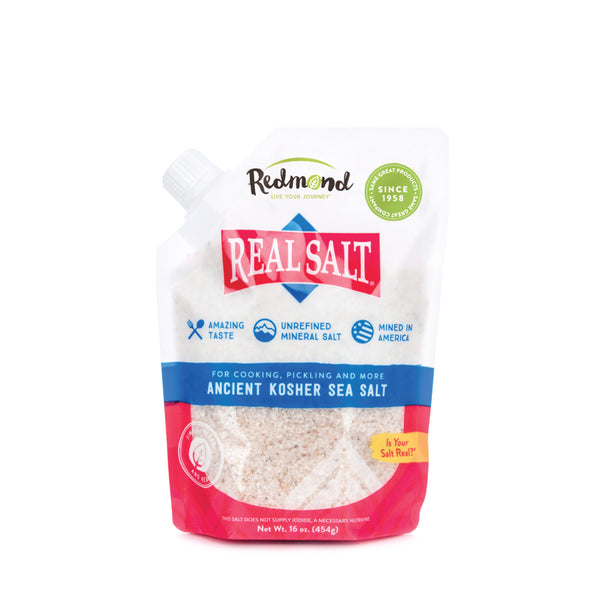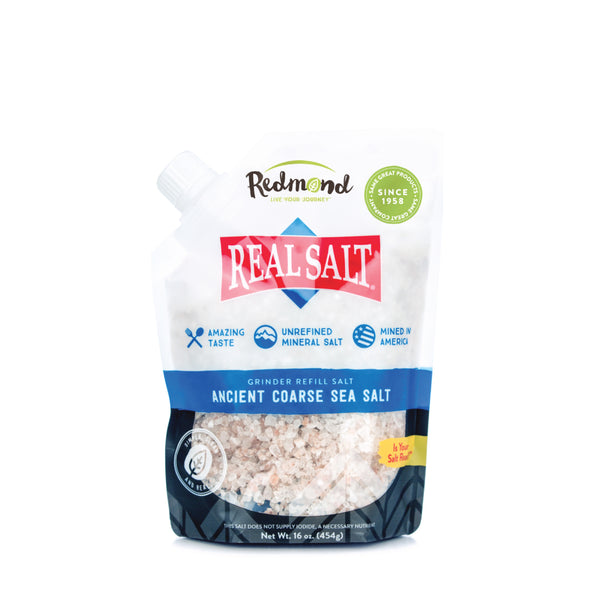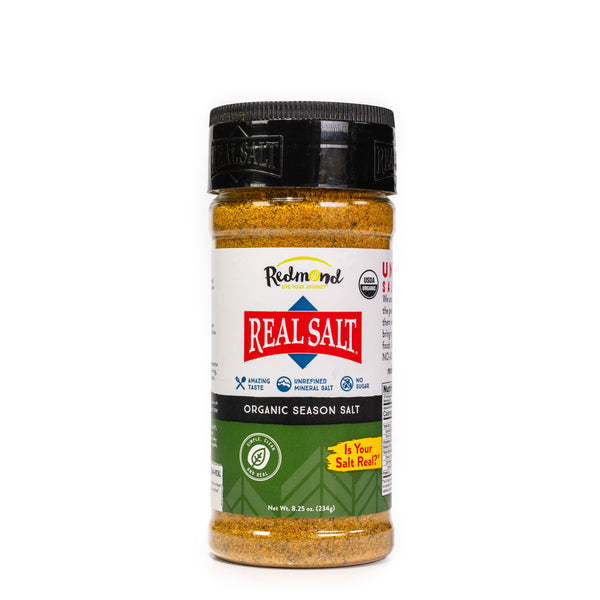How Much Water and Electrolytes Do You Need When You’re Pregnant or Nursing?
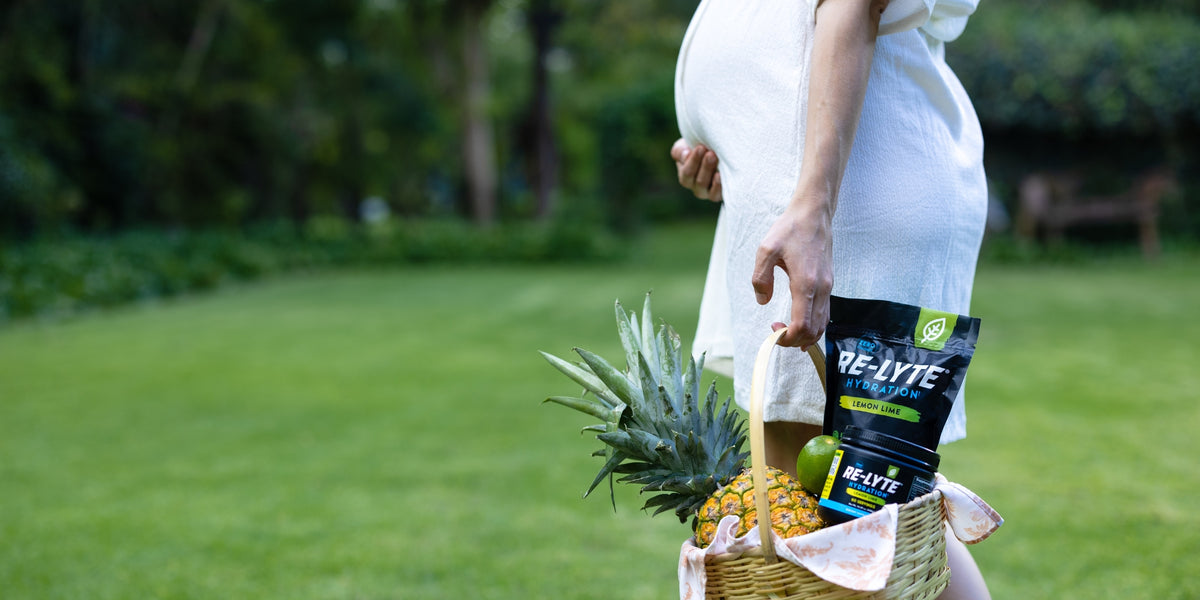
Article at a Glance:
- When you’re pregnant, your total water intake should be between 12-13 cups per day.
- Since you’re increasing your water intake, you may need to increase your intake of certain electrolytes when pregnant as well.
- Since breastmilk is 90 percent water, breastfeeding women need to increase their total water intake even more than pregnant women.
- Breastmilk contains a variety of electrolytes, which means electrolyte replenishment is extra important for nursing moms.
A few months after I became pregnant, an unexpected (and definitely unwanted) visitor woke me up in the middle of the night— a leg cramp. I’d never had a leg cramp before. But man, was it painful. I was ooh-ing, ahh-ing, and massaging my calf so much that I woke up my husband.
Now, leg cramps can be caused by a lot of things (that’s true whether you’re pregnant or not). But one of the top causes is dehydration.
My whole adult life, I’d been really good about staying on top of hydration (which may be why I’d never had leg cramps before). But when you’re pregnant (and if you decide to breastfeed, in the months or years after your pregnancy), hydration becomes a whole new ballgame…and a tricky one at that.
Honestly, it’s hard enough to figure out how much water you’re supposed to drink when you’re not supporting the hydration and nutrition needs of a tiny human. Add the health and well-being of your little one into the mix, and the stakes behind getting this whole hydration thing right get a lot higher.
So how much water do you actually need to drink when you're pregnant? And how many electrolytes do you need? What about when you’re breastfeeding? Let’s take a closer look at what it takes to keep you (and your little one) perfectly hydrated during your pregnancy and breastfeeding years.
How Much Water Do You Need When You’re Pregnant?
When you’re pregnant, your body needs more water. Period. That’s true for a lot of reasons. Your body needs water to create the amniotic fluid that protects your baby in the womb, among other important jobs.
Your blood volume also increases by about 33 percent when pregnant, and what does your body need to make that happen? You guessed it…more water! Your body needs plenty of water to transfer oxygen and nutrients from your blood through the placenta to your baby too.
So how much water do you need to make all this magic happen?
According to the Institute of Medicine, pregnant women should have a total water intake (TWI) of 3 liters (12-13 cups) of water per day.
Now, it’s important to note that total water intake includes the water you get from food too. So, you don’t necessarily need to drink 12-13 cups of water per day. The American College of Obstetricians and Gynecologists recommends pregnant women drink 8-12 cups of water per day.
Of course, your individual needs will also vary somewhat based on your body type, how active you are, how hot it is outside, whether you have morning sickness, and other factors. Just remember, any time your body is losing water through sweat, vomit, or other bodily fluids, you’ll want to up the ante on your water intake.
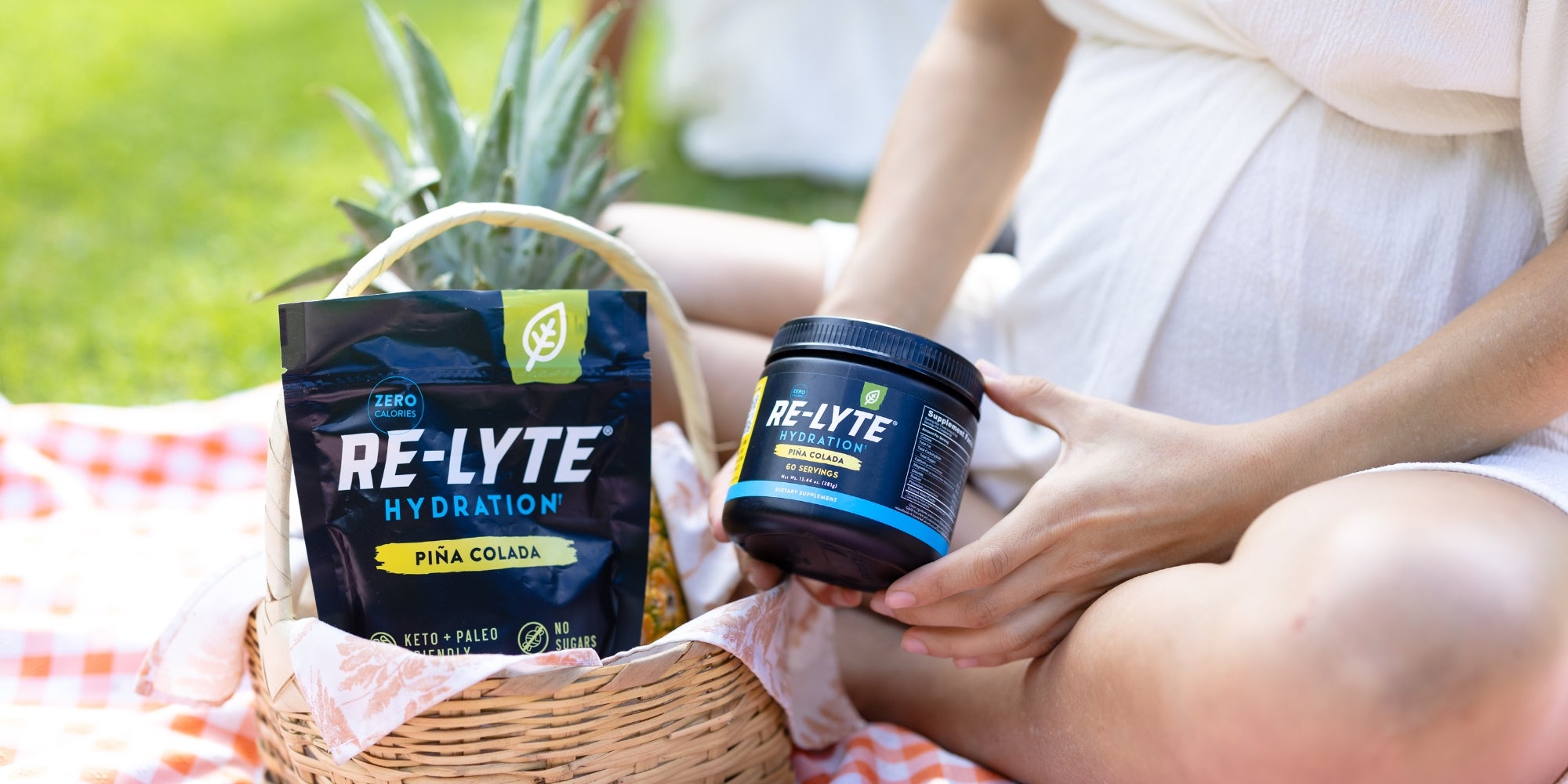
What About Electrolytes?
The amount of electrolytes and water you consume need to remain in balance for you (and your baby) to stay healthy. This means that if you start drinking more water during pregnancy, you need to increase your electrolyte intake too. Taking in more electrolytes is also super important if you’re dealing with morning sickness since you’ll be losing a lot of these essential minerals each time you find yourself hugging that porcelain throne.
Here are some electrolytes you’ll want to pay extra attention to during pregnancy:
Sodium and chloride
Sodium and chloride are the two electrolytes that make up salt. Organizations like the Institute of Medicine, the Department of Agriculture, and the Department of Health and Human Services recommend pregnant women stick to their pre-pregnancy levels of sodium— 2,300 mg per day. That’s about 6 grams (or a teaspoon) of salt.
But increasing sodium intake when you’re drinking more water is essential to prevent hyponatremia, a dangerous condition where the sodium in your body becomes too diluted. Increasing sodium intake is also important when you’re vomiting frequently. In one research review published in the Journal of Clinical and Diagnostic Research, scientists offered more liberal recommendations on salt intake for all adults, including pregnant people. They said that pregnant women without cardiovascular disease should consume between 7-8 grams of salt per day.
Potassium
The Institute of Medicine recommends that pregnant women get 4.7 grams of potassium per day. Potassium is known to help balance blood pressure in non-pregnant adults. The hope is that it may be able to do the same for pregnant women since high blood pressure and a condition related to high blood pressure during pregnancy called preeclampsia can be dangerous to both mother and baby. In fact, research shows that pregnant women who have more balanced sodium and potassium levels have lower blood pressure, are less likely to develop severe preeclampsia, and are more likely to have better outcomes in their pregnancy.
Magnesium
Increasing your magnesium intake is important during pregnancy for a few reasons. Consuming enough magnesium promotes healthy growth in your baby and reduces the risk of high blood pressure for you. It’s also helpful for keeping insulin levels in balance, and may even provide relief from morning sickness. Research shows that pregnant women who take a magnesium supplement of 300 mg per day are less likely to experience complications in their pregnancy. The National Institutes of Health currently recommends that pregnant adult women increase their magnesium intake to 350 mg per day if they’re 30 years old or younger and 360 mg per day if they’re 31 years old or older.
Calcium
Your body needs plenty of calcium during pregnancy to help build your growing baby’s bones. That said, you don’t necessarily need to increase your intake of calcium when you’re pregnant. Pregnant and non-pregnant adult women both need 1,000 mg of calcium per day. The good news is, your body’s absorption of calcium doubles when you’re pregnant. So you get more bang for your buck from the calcium you consume.
How Much Water Do You Need When Breastfeeding?
Breastmilk is about 90 percent water. So it’s not that surprising that you need even more water when you’re breastfeeding than you do when you’re pregnant.
The Institute of Medicine recommends that breastfeeding women have a total water intake of 3.3 liters (13-14 cups) per day.
If you’re not big on tracking your water intake that precisely, experts recommend an easier approach to hydration for breastfeeding moms. Every time you feed your little one, drink a cup of water yourself (in addition to the water you would normally drink throughout the day). In other words, as water goes out, make sure water goes in. Simple enough, right?

What About Electrolytes?
Breastmilk is your baby’s primary source of electrolytes (especially during those early months before they’re eating any solid food). That means you need to make sure you’re taking in enough electrolytes to meet your needs and your baby’s needs.
Breastmilk contains electrolytes like sodium, chloride, magnesium, calcium, and potassium. So, you’ll want to be especially conscious of your intake of these electrolytes as a breastfeeding mother. Here’s what’s recommended during the nursing months or years:
Sodium and chloride
Breastmilk contains quite a bit of sodium and chloride. Health organizations will almost never recommend that anyone increase their salt intake (because of the stigma salt still has in the healthcare community). Right now, organizations like the Institute of Medicine, the Department of Agriculture, and the Department of Health and Human Services recommend breastfeeding women follow the same sodium recommendations as all adult women— 2,300 mg per day. But considering how much sodium you’re giving away in your breastmilk and how much more water you’re drinking, you might want to consider upping your intake of sodium a bit, as long as it’s coming from natural, unrefined salt and not processed food.
Potassium
On average, you lose 0.4 grams of potassium per day in your breastmilk during your baby’s first six months. That’s why the Institute of Medicine recommends that nursing women increase their daily intake of potassium to 5.1 grams. Having enough potassium is critical to maintaining healthy blood pressure levels in the postpartum months and, of course, crucial to your baby’s development. So make sure you stay on top of this critical electrolyte.
Magnesium
Although there’s magnesium in breastmilk, the National Institute of Health doesn’t think nursing women need to get more of this important mineral than other adult women. If you’re 30 years old or younger it recommends 310 mg per day and if you’re 31 years old or older, it recommends 320 mg per day.
Calcium
When you’re a breastfeeding mother, your body does everything in its power to give your baby exactly what it needs. That means, no matter how much calcium you consume, your breastmilk will contain the perfect amount of calcium for your little one. If you’re not taking in enough calcium, you might suffer the consequences, though, so make sure to get enough to keep your bones and body healthy too. The National Institutes of Health currently recommends that nursing women get the same amount of calcium as all adult women— 1,000 mg per day.
Stay Hydrated, Mama!
Now that you have a clearer idea of how much water and electrolytes you need to keep you and your baby healthy, it’s time to take action. Fill up your handy dandy water bottle and take it with you everywhere— work, doctor appointments, the grocery store. And if you’re a breastfeeding mother, make sure you have that bottle by your side during each and every nursing session.
Don’t forget to complement all that refreshing water with a healthy dose of electrolytes too. You get electrolytes through the food you eat, but you may also want to look into an electrolyte mix like Re-Lyte Hydration. It’s an easy way to make sure you and your baby are getting the optimum amount of electrolytes. Plus, it makes all that water you’re drinking taste way better. Give it a try for a smoother pregnancy and postpartum period.
Sources:
- Night leg cramps— The Mayo Clinic.
- Maternal Physiology 101— University of Colorado OB-GYN
- How much water should I drink during pregnancy?— The American College of Obstetricians and Gynecologists.
- Nutrition Column An Update on Water Needs during Pregnancy and Beyond— The Journal of Perinatal Education.
- Electrolytes & Pregnancy: Why These Minerals are Crucial and How to Get Enough— Lily Nichols.
- Dietary Reference Intakes for Water, Potassium, Sodium, Chloride, and Sulfate— Institute of Medicine of the National Academies.
- How Much Salt Should You Eat During Pregnancy?— What to Expect.
- Minerals in Pregnancy and Lactation— Journal of Clinical & Diagnostic Research.
- Calcium— KellyMom.com
- Calcium— National Institutes of Health.
- Magnesium— National Institutes of Health.
- Effect of Magnesium Supplement on Pregnancy Outcomes: A Randomized Control Trial— Advanced Biomedical Research.
- Breastfeeding and Hydration— AskDrSears.com.
- Nursing Your Baby? What You Eat and Drink Matters— Academy of Nutrition and Dietetics.
- Electrolyte composition of human breast milk beyond the early postpartum period— Nutrition.
- Human Milk Composition: Nutrients and Bioactive Factors— Pediatric Clinics of North America.
- Nutrition During Lactation— National Academies of Sciences, Engineering, and Medicine.
